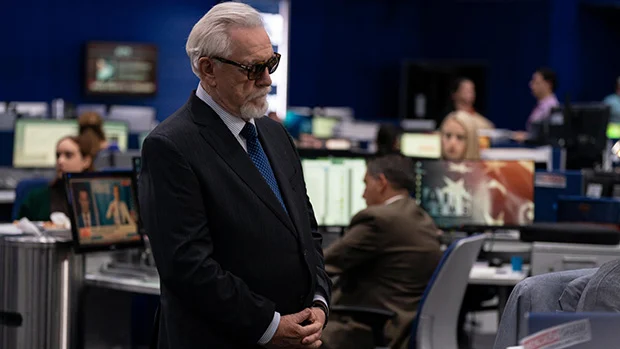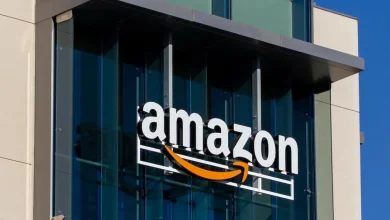Netflix poised to expand into content licensing if WBD acquisition succeeds

Should Netflix succeed in its bid to acquire the studio/streaming side of Warner Bros Discovery (WBD), it would continue licensing the century-old studio’s library to third parties, according to a report in Bloomberg.
Netflix was one of at least three companies to submit first-round, non-binding bids for WBD on Thursday, with it and Comcast tabling offers for the studio/streaming assets while David Ellison’s Paramount is seeking to acquire the entire company, including its global linear channels business.
As part of its proposal to WBD, Netflix vowed to continue to produce shows that would be licensed to third parties, said Bloomberg, citing people familiar with the matter.
Netflix has historically been strictly opposed to selling its content to third-party platforms. While it has been hugely successful at acquiring shows from outside sellers, including titles like Suits and Prison Break, and helping them find new audiences on Netflix, it has not been willing to sell its own content to third parties. That could all change if it becomes the owner of WBD’s massive library.
Netflix would have two options. It could hoard the entire library on its own service and use the mammoth catalogue – which includes franchises and brands such as Harry Potter, the DC Universe, Looney Tunes, as well as HBO series like Succession, The Wire, The White Lotus and Game of Thrones – to drive up engagement. Or it could continue to license the titles as WBD already does, with global sales teams already in place generating billions of dollars in revenue annually.
While it might seem obvious that Netflix would do the latter, this would represent a fairly major strategic shift for the streamer, whose subscriber count stood at around 301 million before it stopped reporting that metric earlier this year.
Over the past decade, many have claimed that Netflix is leaving hundreds of millions or even billions of dollars on the table by shunning the notion of licensing its huge library of originals. In 2022, Jeremy Zimmer, the former CEO of US-based talent firm United Talent Agency, argued that the bursting of the streaming model could finally push Netflix into licensing out its originals.
But the streamer continued to steer clear of licensing, with co-CEO Ted Sarandos around 18 months later reiterating that selling content is “is not part of our business plan.”
Of course, Netflix has famously changed course on several things it was strategically opposed to, most notably with its introduction of an advertising tier and entry into live sports. And even if it is unsuccessful in its bid for WBD, the fact it has vowed to continue selling WBD-owned content in the context of this offer could be interpreted as an indication it is becoming more receptive to selling its original shows and movies.
As it stands, Netflix is the only major streamer that does not sell any of its original library content to third parties. A raft of Apple TV shows are sold by Fifth Season’s distribution arm, while Amazon MGM Studios announced that it would start licensing out some of its streaming originals ahead of the LA Screenings in 2023. At this year’s LA Screenings, it revealed that it would expand the initiative by making The Lord of the Rings: The Rings of Power and international spy drama Citadel, two of the most expensive shows ever produced, available for international licensing for the first time.
While Netflix appears to be officially in the hunt for WBD, investors have appeared somewhat skeptical, concerned that a costly acquisition of this magnitude – something that is not in Netflix’s historical playbook – will be a distraction for management. Many analysts have characterised WBD as not being a “must-have” for Netflix, while smaller rivals Paramount, which has already made multiple offers, and Comcast have more to gain by taking control of WBD.
Paramount remains the consensus frontrunner, with the backing of tech billionaire Larry Ellison and ties to the Trump administration viewed as key advantages.
At the same time, WBD is in the process of splitting into two parts, with streaming/studios on one side and linear networks on the other. It has said it is prepared to forge ahead with the planned separation if deal talks do not yield the results it expects, however it appears increasingly likely that a sale of all or parts of the company will take place. According to multiple reports, WBD is hoping to have the sale process completed by the end of December.





